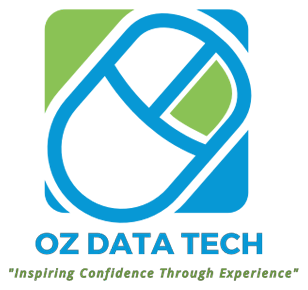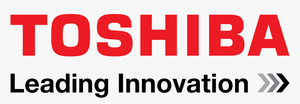Cloud Computing in Taree
Contact Us in Taree
Taree Cloud Computing
Oz Data Tech is proud to offer reliable cloud computing services to homes and businesses throughout Taree. With over a decade of IT experience, our team helps local clients take advantage of cloud-based technology to improve flexibility, security and efficiency.
Cloud computing allows you to access your data, software, and systems from anywhere — perfect for businesses with remote staff or growing storage needs. We help set up secure cloud storage, cloud-based backups, file sharing, and software solutions tailored to your operations.
Many Taree clients choose Oz Data Tech because we simplify the cloud and make sure everything runs smoothly from day one. We’re local, friendly, and focused on long-term support, not just one-off setups.
Whether you're new to the cloud or looking to upgrade an existing system, our experienced technicians can guide you through the process. Everything is explained in plain English, and support is always just a phone call away.
For expert cloud computing in Taree, call
(02) 6554 9595 today.
Smarter Systems, Real Benefits
Switching to the cloud offers a long list of practical benefits for Taree clients—from better collaboration tools to automatic backups and reduced reliance on on-site hardware.
At Oz Data Tech, we make cloud migration stress-free by handling everything from setup to integration and training. We work with leading platforms like Microsoft 365 and Google Workspace to deliver scalable, secure solutions that grow with your needs.
Our team can also help you choose between public, private or hybrid cloud systems, depending on your industry, budget, and compliance requirements. Many local businesses appreciate the cost savings and improved productivity that come with a tailored cloud system.
We ensure your files and data are protected with encrypted access, multi-user controls and ongoing monitoring. Whether you run a home office or a multi-user business environment in Taree, we’re here to make cloud computing work for you — efficiently, securely and with the support you need every step of the way.
What is cloud computing and how does it work?
Cloud computing refers to the delivery of computing services—such as storage, servers, databases, networking, software, and analytics—over the internet, or "the cloud." Instead of storing data on a local computer or server, users can access and store their files, run applications, and use processing power through remote data centres maintained by providers like Amazon Web Services (AWS), Microsoft Azure, or Google Cloud. These services are typically offered on a pay-as-you-go basis and are accessible from any internet-connected device. Cloud computing works by hosting resources on physical and virtual servers in secure facilities, which users connect to via the internet. This setup allows for flexible resource scaling, remote access, and reduced hardware costs, making it ideal for individuals, small businesses, and enterprises alike.
Is cloud computing secure?
Cloud computing can be highly secure, but security depends on both the provider and how the user manages their system. Major cloud providers use advanced security measures, such as data encryption, firewalls, intrusion detection systems, and regular compliance audits. They often have teams of experts monitoring systems 24/7. However, users still have a responsibility to follow best practices, including setting strong passwords, enabling multi-factor authentication, managing access permissions, and ensuring software is kept up to date. While cloud platforms can provide a secure environment, failing to implement proper security measures on the user’s end can still lead to data breaches. When used correctly, cloud computing is often more secure than traditional on-site storage solutions.
What are the different types of cloud computing?
There are three main types of cloud computing: public cloud, private cloud, and hybrid cloud.
- Public Cloud: Services are provided over the internet and shared across multiple users. It’s cost-effective, scalable, and managed by third-party providers like Google Cloud or Microsoft Azure.
- Private Cloud: Dedicated infrastructure used by a single organisation. It offers more control and security, often used by companies with sensitive data or specific compliance requirements.
- Hybrid Cloud: A combination of public and private cloud environments that allows data and applications to move between the two. It’s useful for businesses needing flexibility and data segregation.
Each type serves different needs depending on the size, security requirements, and workload of the user.















